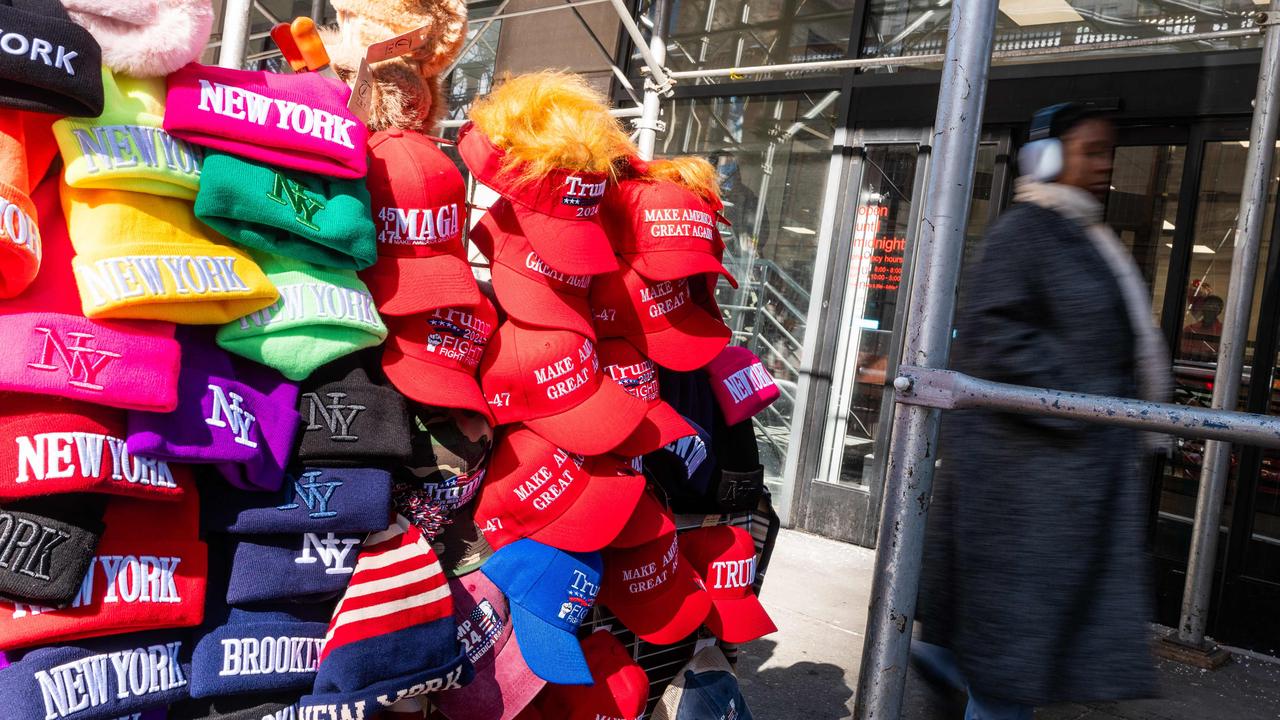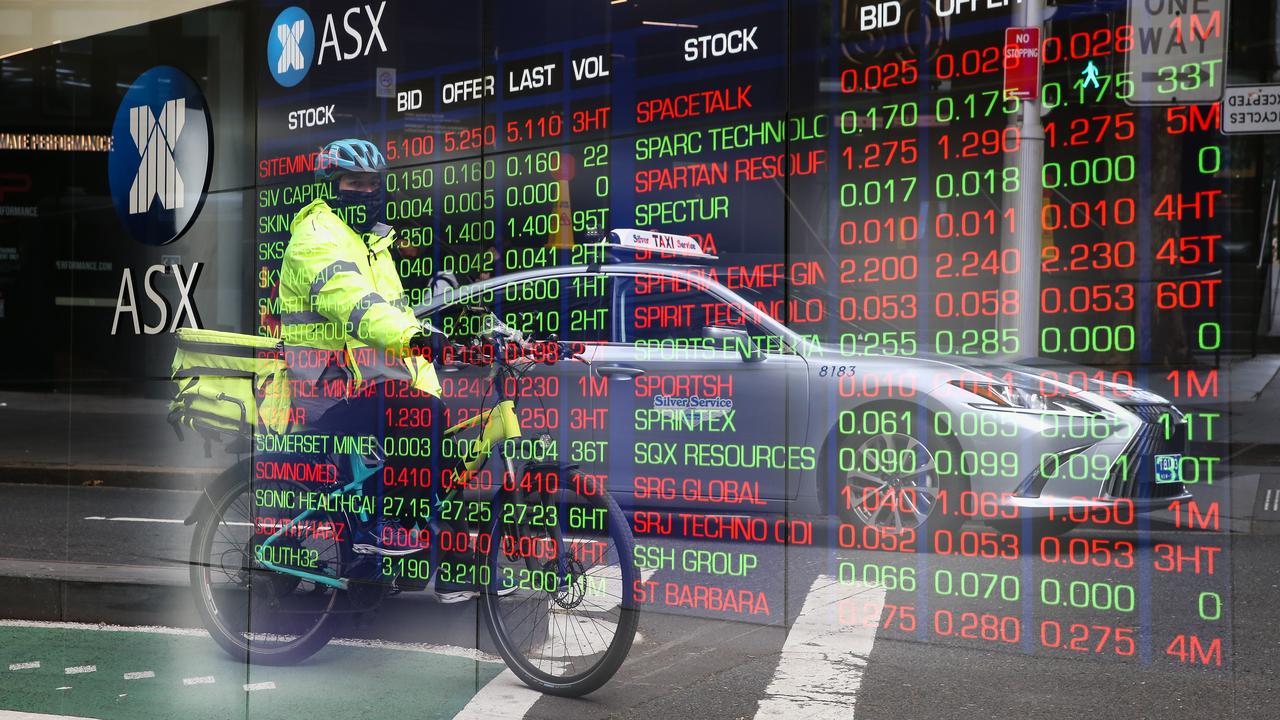Shares to be hit by forced selling as workers grab super
Australian equities are likely to account for almost a third of forced selling by superannuation funds facing liquidity shortfalls.

Australian equities are likely to account for almost a third of forced selling by superannuation funds facing liquidity shortfalls as more than a million workers dip into their super savings for cash during the coronavirus downturn.
Analysis from Goldman Sachs equity strategist Matthew Ross suggests that at the top end of estimates, selling of locally listed shares could trim 0.45 per cent from the S&P/ASX 200’s market capitalisation.
Initial projections from the Treasury suggest that $27bn will be withdrawn by 1.3 million members, but Mr Ross sees that number at closer to $44bn — with estimates that 10 per cent of members withdraw $20,000 each.
In that scenario, the total cash shortfall would amount to $5bn at the system level if half the funds were withdrawn by members under the age of 45.
The early drawdown scheme allows workers to access up to $20,000 in a bid to ease financial pressures brought on by the coronavirus crisis, with $10,000 available from super funds before July, and another $10,000 between July and October
Adjusting for the weighting of younger members to those industries involved, namely the hospitality and retail sectors, the liquidity shortfall becomes much more significant.
Mr Ross points out that younger members make up a large share of member accounts but only a small share of assets, roughly a quarter, and so ultimately own a smaller share of the overall fund’s cash pool. As such, he estimates the cash shortfall could rise to $20bn if all funds are withdrawn by those under 45.
At the aggregate level, funds allocate about 10 per cent of their assets to cash, which would amount to $180bn and ample to cover the necessary withdrawals, but Goldmans highlights that older members, who are less likely to be affected by COVID-19 work restrictions, hold a higher proportion of that liquidity.
“The early withdrawal policy will nevertheless leave super funds in a worse liquidity position than before, with over half of the funds largely depleting their cash balances under our $44bn scenario,” Mr Ross says.
“This liquidity position will be further worsened by the extent of member-switching towards more defensive products, and the fact that illiquid assets may be especially hard to liquidate in the current environment — meaning any future portfolio rebalance will need to come from selling liquid assets.”
He notes that industry-based funds will be the hardest hit given their higher percentage of members from some of the most adversely affected sectors, while those with significant exposure to illiquid assets such as infrastructure and property could also feel the pressure.


